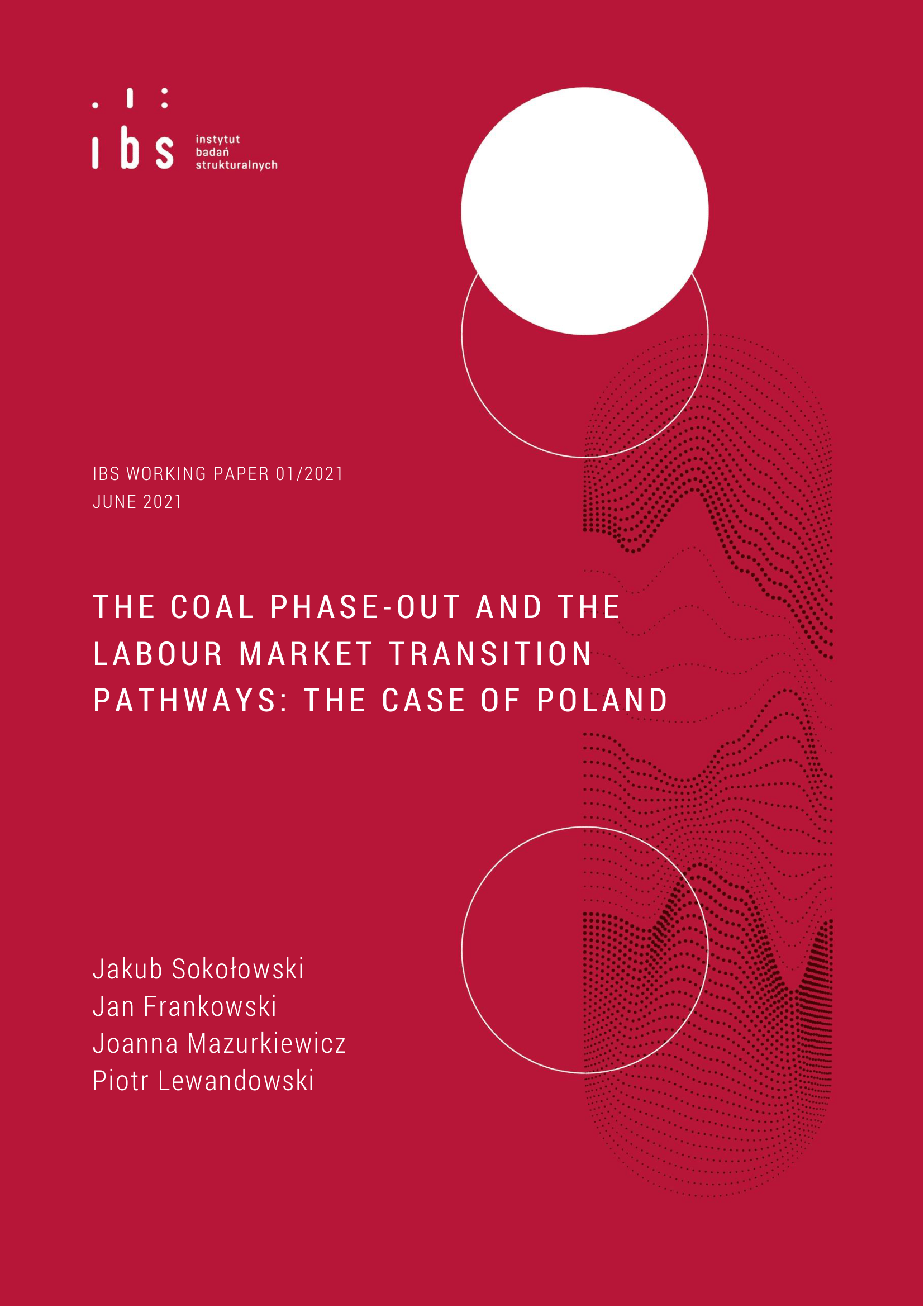We study the labour market transition pathways driven by the coal phase-out in Poland between 1990 and 2050. First, we apply the concept of branching points to describe the transformation of coal mining in the context of three labour market trends: structural changes, demographically driven changes in the labour supply, and educational upgrading. We show that in the 1990s and 2000s, the labour market options of the miners who lost their jobs were poor, as the trajectories of all of these trends worsened their labour market prospects. However, as these trends have reversed since the 2010s, it is likely that in the future, the employment effects and the social consequences of the coal phase-out in Poland will be more positive than they were in the past. Second, we find substantial homogeneity in the employment structures of mining subregions and of particular mines, which suggests that regional approaches to managing the transition are possible. Third, our projection of the supply of and the demand for labour up to 2050 indicates that decarbonisation will lead to a surplus of Polish hard coal mining workers by 2030. However, the projected shortages of workers in other industrial sectors will create opportunities for worker reallocation that should be facilitated by policy measures.


